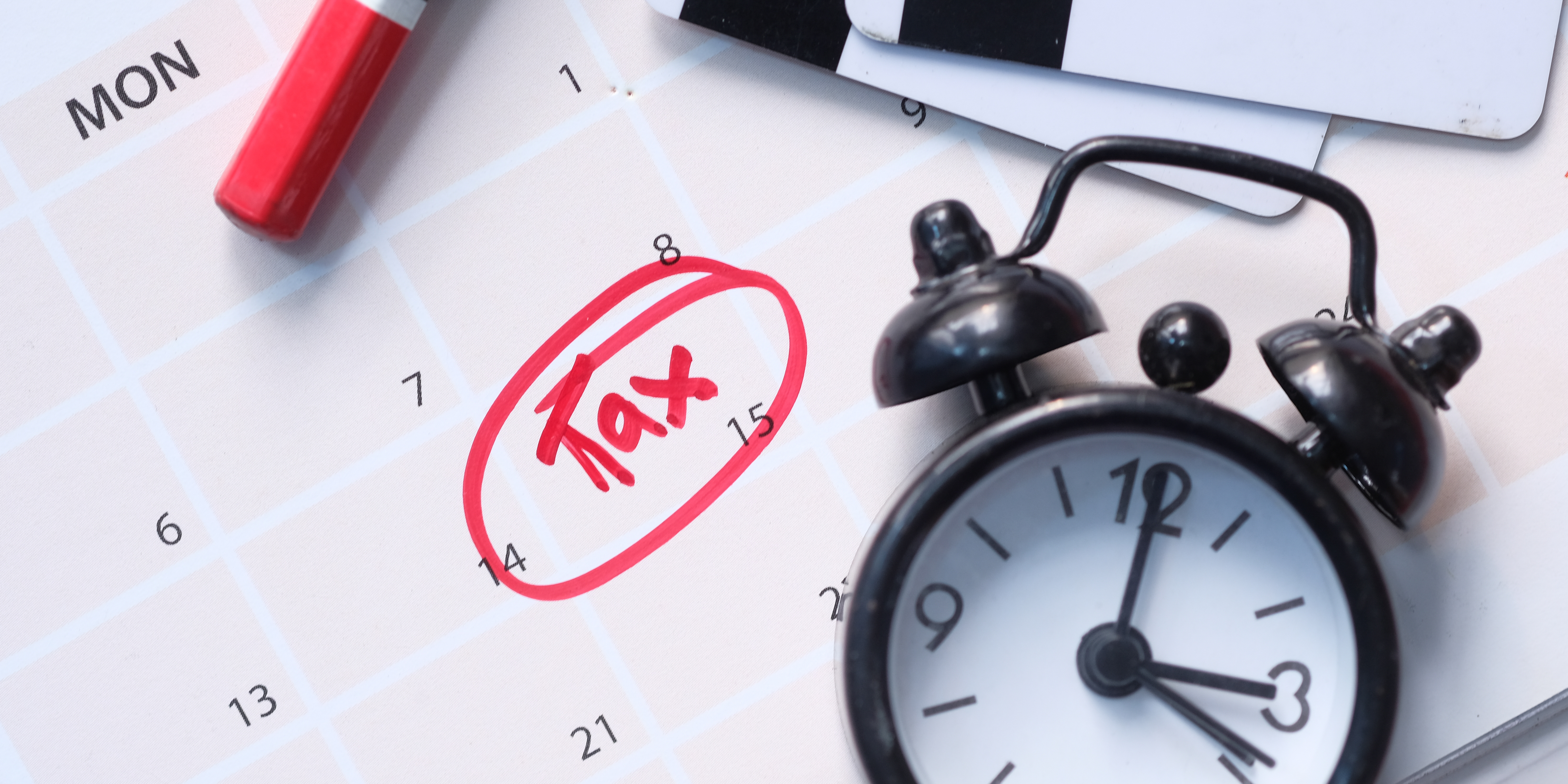1. TAX APPEALS TRIBUNAL ACT
The Finance Bill, 2022 went through the First Reading on 13th April 2022. We provide below a summary of the proposed amendments the Bill seeks to make to various Tax Laws.
a) Deposit before appealing to the High Court
The Bill proposes an amendment to the Tax Appeals Tribunal Act to require taxpayers dissatisfied with a judgment of the Tribunal to deposit half of the disputed sum in the Commissioner’s account at the Central Bank of Kenya. Upon exhaustion of appeals and issuance of a judgment in favour of a taxpayer, the Commissioner shall refund the monies within thirty days of the judgment date. However, the proposed amendment neither makes any provisions for accrual of interest on the deposited sum nor prohibition on the use of the deposited funds during the pendency of the appeal(s).
2. INCOME TAX ACT
a) Capital gains
The Bill proposed an increment in capital gains tax from five percent to fifteen percent.
b) Deposit before appealing to the High Court
The Bill proposes a definition of the term “financial derivative” and proposes to subject gains from derivatives to income tax by amending Section 3(2) of the ITA. The Bill further proposes to deem a non-resident’s gains from financial derivatives as derived from Kenya if the derivative contracts were with a resident person. If passed, the Bill will empower the Cabinet Secretary to make regulations on the taxation of these derivatives.
Further gains from such transactions in derivatives will be subject to withholding tax at 15%.
c) Foreign exchange losses
Currently, Section 4A of the ITA limits foreign exchange losses claimable by entities to the extent that the loan(s) exceed three times the entity’s capital and retained earnings if the loan(s) are from a person whom(alone or with four or fewer persons) controls the entity.
If passed, the Bill will reduce the income tax deductible foreign exchange losses a business can claim to a maximum of thirty percent of the entity’s earnings before interest, taxes, depreciation and amortization.
d). Employee share ownership plans
The Bill proposes to define the value employee share ownership schemes as the difference between the offer price at the date the benefit is granted and the market value when the employee takes up these shares. Currently, the benefit is calculated as the difference between the market value per share and the offer price per share at the date the employer grants this benefit.
Currently, such benefits are deemed to have accrued to the employee at the end of the vesting period. The Bill proposed to change the date of accrual to the date the employee exercises the stock option.
e) Beneficiaries of registered trusts
If passed the Bill will delete Section 11(3A) of the ITA which limit the benefits accruable to beneficiaries of registered trusts from the current position where education, medical expenses, early adulthood expenses and income paid which is collectively below KES10 million.
f) Digital Service Tax
Digital Service Tax (“DST”) is a tax applicable to income of non-resident persons offering services over the internet derived in Kenya. The Bill proposes to exempt non-resident entities that have a permanent establishment in Kenya from DST. The Bill further proposes to increase the DST rate from the current1.5% to 3%.
g) Allowable deductions
The Bill proposes to allow for deductions of donations to charitable organizations whose income is exempt from income tax as well as donations to projects approved by the Cabinet Secretary responsible for finance. Currently, donations to charitable organizations are only taxable if the charitable organization is a registered Society or Non-Governmental Organization that is exempt from income tax. If passed, donations to charitable causes in any business form shall be allowable.
Currently, telecommunications operators are only allowed to deduct a maximum of 5% of the acquisition costs of the right to use a fibre optic cable per annum. The Bill proposes the deletion of this clause which will resultantly prohibit telecommunications operators from deducting expenses relating to the acquisition of rights to use a fibre optic cable.
h) Thin capitalization
The Bill proposes to exempt Microfinance Institutions licenced under the Microfinance Act from the thin capitalization limitations on claiming interest expense deductions.
i) Base erosion
The Bill proposes to provide more stringent provision son base erosion provisions by widening the scope of transactions from the current position that governs related party transactions only to transactions by any resident entity with a non-resident entity located in a preferential tax regime. This will require more businesses to make tax adjustments on dealings with non-resident entities in preferential tax regimes.
The Bill further proposes a wider definition of preferential tax regime to include:
i. Any Kenyan law that provides for a preferential tax rate or smaller tax base.
ii. A foreign jurisdiction with a tax rate lower than 20%, does not have an information sharing framework, does not allow access to banking information or a jurisdiction that lacks transparency in the structure and ownership of entities in that jurisdiction.
j) Multinational group reporting
Currently, only ultimate parent entities resident in Kenya are subject to the country-by-country reporting requirements. If passed, multinationals will be required to provide significantly more detailed reports to the Commissioner. These reports will include details of all the group’s entities and their respective activities. Entities will also be required to submit a master file that contains the group’s overview, growth engines, supply chain description of all key products, the group’s research and development policy, each constituent’s contribution to the value chain, information on intangible assets and the group’s intercompany agreements on the same, information on the transfers of intangible assets within the group, the group’s financing activities, the group’s consolidated financial statements, tax rulings made in respect of the group and any other information required by the Commissioner.
The Bill also proposes the submission of a local file that contains detailed information of the resident entity’s activities in the group, management structure, business strategies, international transactions and any other information required by the Commissioner.
Where the ultimate parent entity has a turnover of KES 95 billion and above is required to file a master and local file, all other resident related entities will not be required to do the same. Further, resident entities will not be subject to the country-by-country reporting requirements if a non-resident surrogate parent entity is required to and files a similar report in its jurisdiction and that jurisdiction has an information sharing agreement with Kenya.
The Bill proposes to retrospectively apply the reporting provisions from the year of income 2022 onwards.
k) Insurance relief
Currently, the insurance relief provision is biased towards men as it allows claiming of insurance relief on premiums paid on their wives. The proposed amendment introduces gender neutral terms to ensure non-discrimination in the enjoyment of insurance relief.
l) PAYE
It is proposed that the power given to the Commissioner to remit the whole or part of any penalty due from an employer for failing to comply and deduct, account for deducted taxes or supply the Commissioner with the prescribed certificate is to be revoked If the proposed amendment is passed no waiver will be granted as is currently the case.
m) Income tax exemptions
If passed the income of registered family trusts and capital gains on transfers of immovable property by family trusts will no longer be exempt.
n) Investment deductions
Currently, investment deduction of 100% is allowable on investments outside Nairobi and Mombasa Counties if cumulatively above KES 2 billion for the last three years, at least KES 250 million within the year of income or within a special economic zone. The Bill seeks to limit this benefit to hotel buildings, buildings buildings used for manufacture and machinery used for manufacture. However, businesses which must be located in Nairobi and Mombasa due to their nature will be exempt from the geographical location requirements.
3. VALUE ADDED TAX
a) VAT on transactions in a digital marketplace
The Bill proposes to amend the definition of a digital marketplace to exclude other property. Further the Bill proposes that the services offered in a digital marketplace be exempted from treatment as imported services. As a result, reverse VAT would not be applicable to such services.
Further, suppliers of imported digital services over the internet will not be required to register for VAT.
b) Input VAT credits
Currently, Section 17(3) sets out a conclusive list of documents a taxpayer must have when claiming input VAT. The Bill proposes to grant the Commissioner discretion to request for additional documentation when validating input VAT.
c) VAT on imports
The Bill seeks to apply the penalty and interest rates asper the Tax Procedures Act to the offence of non-declaration of goods to a customs officer. The Bill further seeks to limit the interest payable to a maximum of the principal tax.
d) Tax paid in error
Refund of taxes paid in error will be governed by the Tax Procedures Act as opposed to the VAT Act.
e) VAT exemptions
If the Bill is passed, the VAT exemption on goods and services for the construction and equipping of specialized hospitals will be repealed. However, any exemptions granted prior to the repealing will apply until supply of the exempted goods is made in full.
By deleting paragraph 108 of Section A of Part I to the First Schedule, the Bill seeks to revoke the VAT exemption on maize flour, wheat or meslin flour and cassava flour.
The Bill seeks to expand the exemption on sustainable fuels to include pellets. Currently, paragraph 137 of Section A of Part I to the First Schedule only provides for briquettes.
The Bill seeks to exempt the following goods from VAT:
i. Plant and machinery for manufacture of pharmaceutical products upon recommendation of the Cabinet Secretary responsible for health matters;
ii. Medical oxygen supplied to registered hospitals;
iii. Urine bags, adult diapers, artificial breasts, colostomy/ileostomy bags;
iv. Inputs used in the manufacture of passenger motor vehicles; and
v. Locally manufactured passenger motor vehicles.
4. EXCISE DUTY
a) Inflation adjustments
The Bill proposes to empower the Commissioner to exempt specific excisable products from the annual inflation adjustment upon the approval of the cabinet secretary depending on the economic circumstances in the relevant year.
b) Goods under customs control
The Bill seeks to apply the penalty and interest rates asper the Tax Procedures Act to customs-related offences. The Bill further seeks to limit the interest payable to a maximum of the principal tax.
c) Excise duty rates changes for select items
Increments in excise duty rates have been on the following items: fruit juices, perfumes, makeup, hair products, aftershave & deodorant ,bottled water, beer &ciders, Powdered beer, Wines, Spirits exceeding 6%alcohol content, Cigars, Cigarettes with filters, Cigarettes without filters, Other manufactured tobacco products and manufactured tobacco substitutes, Motorcycles (except ambulances and locally manufactured one), Imported sugar confectionary, White chocolate, Jewellery made from or coated with precious metals & imported imitation jewellery, Locally manufactured glass bottles; nicotine gum & vaporizers, Plastic for making toothpaste and makeup tubes, Imported potatoes, potato crisps & potato chips, E-cigarettes, Liquid nicotine for e-cigarettes, Ice-cream, Amount wagered/staked in gaming/betting, Prize competition participation fee, Lottery tickets(excluding charitable lotteries), media advertisements of alcoholic beverages, betting, gaming, lottery and prize competitions.
d) Exemptions
The Bill proposes to exempt the following products from excise duty:
i. Eggs imported for hatching upon recommendation by the CS in charge of livestock; and
ii. Neutral spirit imported by pharmaceutical manufacturers upon the relevant CS’s recommendation;
Locally manufactured passenger motor vehicles.
5. TAX PROCEDURES ACT
a) Security for unpaid taxes
Currently, the Commissioner may instruct the Registrar of Lands to place a restriction on a defaulting taxpayer’s land. The Bill proposes to expand the scope of such restrictions to include aircrafts, ships, motor vehicles and any other property with Seven days’ notice to the owner or any other interested party. The Bill further proposes to empower the Commissioner to dispose of the property within two months after notifying the defaulting taxpayer if the taxpayer fails to settle the disputed taxes.
b) Refund or setoff of overpaid taxes
The TPA will provide for refund of overpaid taxes and taxes paid in error.
c) Objections invalidly lodged
Currently, the Commissioner is required to “immediately” notify a taxpayer if their Objection to a tax decision is invalidly lodged. This term is rather ambiguous. The Bill proposes a 14-day window within which the Commissioner will be required to notify a tax payer if their objection is invalidly lodged.
d) No consequence for Commissioner’s late decisions
Currently, if the Commissioner fails to issue a decision on a tax objection within 60 days of receipt of a valid objection, the objection is deemed to be allowed by law. The Bill proposes to do away with this consequence thus creating a sense of ambiguity.
e) PIN requirement for trusts
Persons seeking to register a trust will be required to provide their PINs during registration of a trust.
6. MISCELLANEOUS FEES & LEVIES
a) Export levy annual adjustment
Currently, export levies are adjusted at the beginning of each financial year. The Bill proposes to have the annual adjustment done by 1st October of every financial year.
b) Import Declaration Fees (IDF) and Railway Development Levy (RDL) exemptions
The Bill proposes to exempt raw materials and inputs imported by manufacturers of pharmaceutical products from RDL and IDF.
Please click here to download the alert.
This alert is for informational purposes only and should not be taken to be or construed as a legal opinion. If you have any queries or need clarifications, please do not hesitate to contact Renee Omondi, Partner, ([email protected]), and Nzioka Wang’ombe, Associate, ([email protected]) or your usual contact at our firm, for legal advice.





